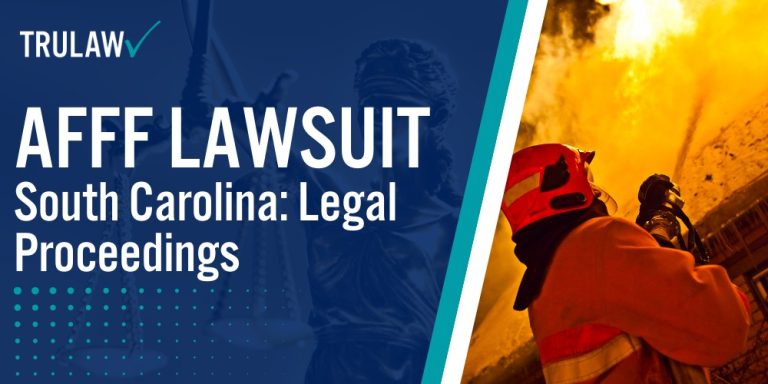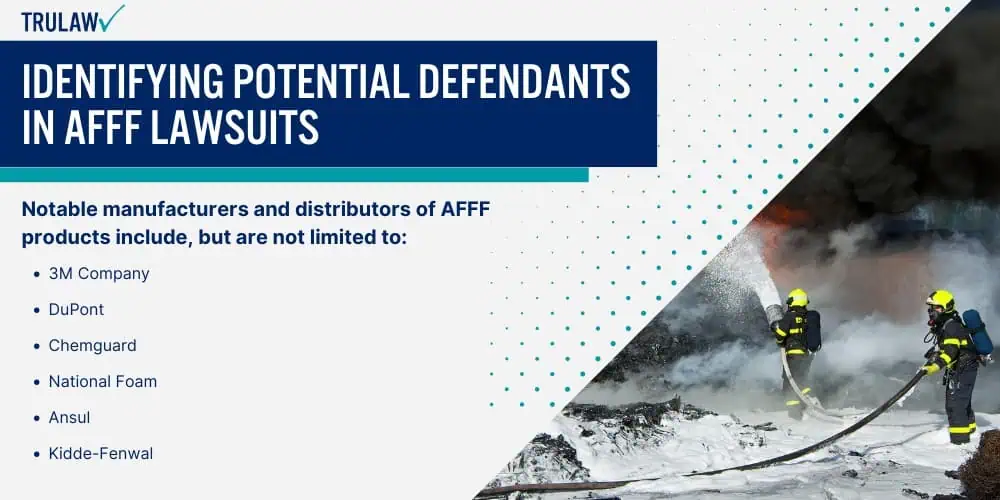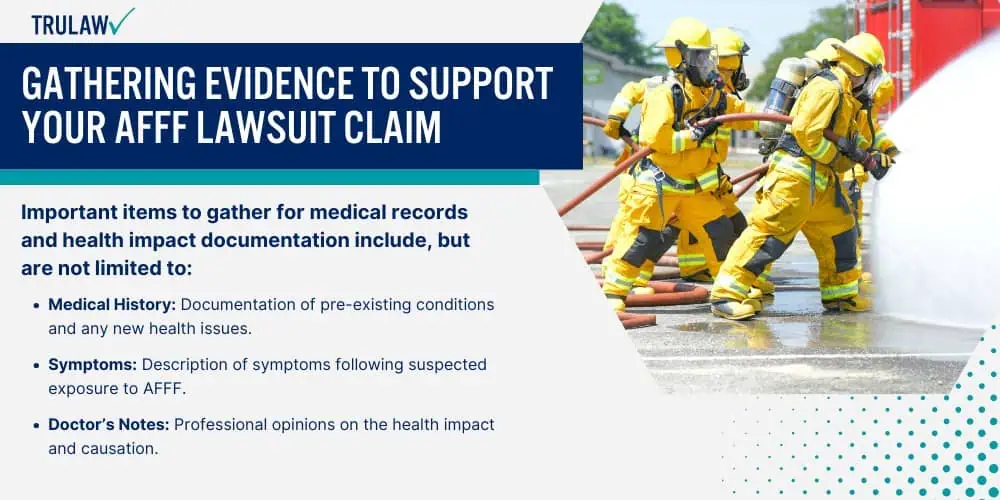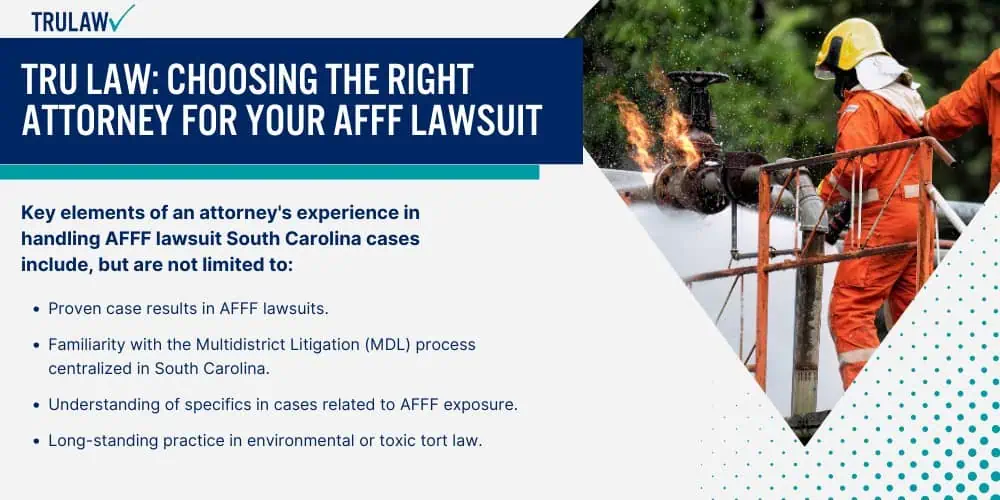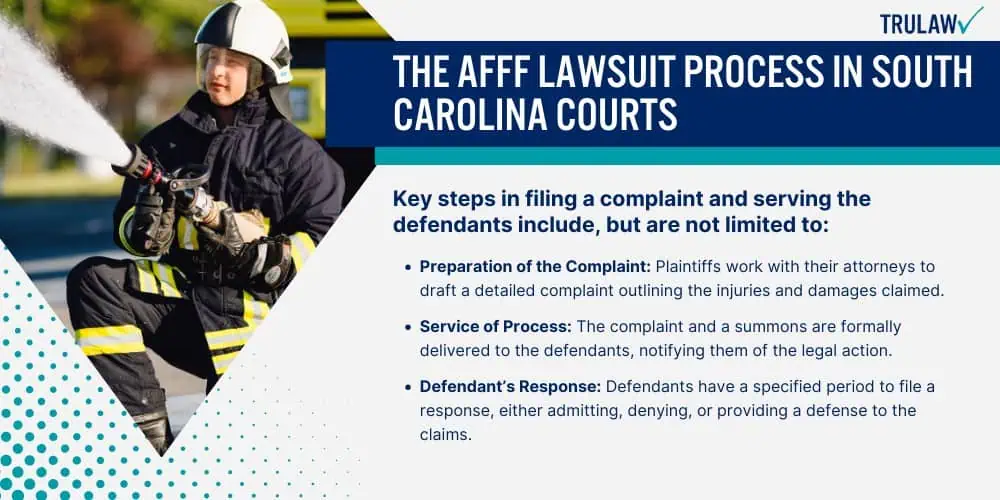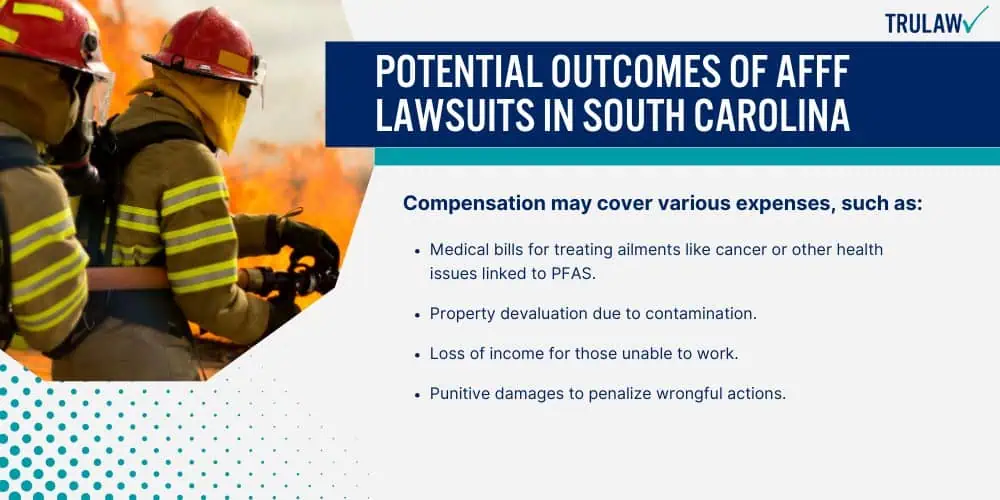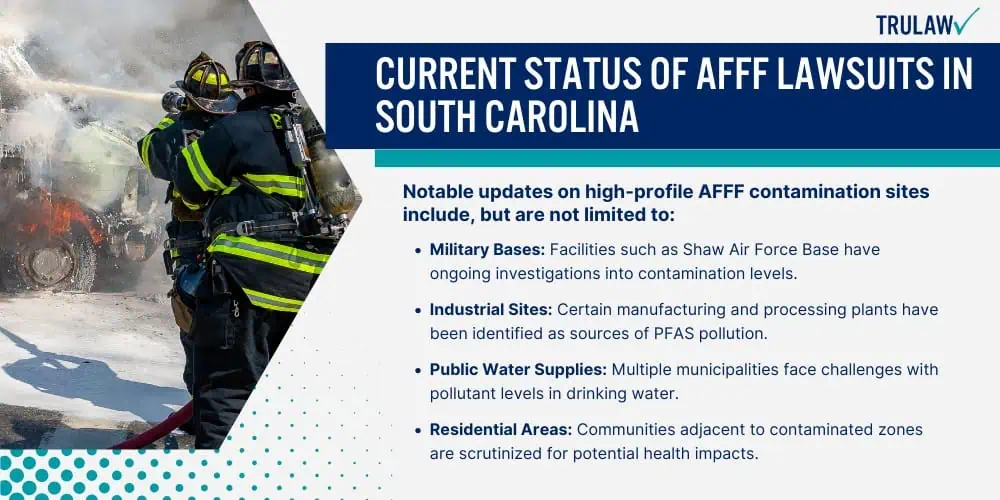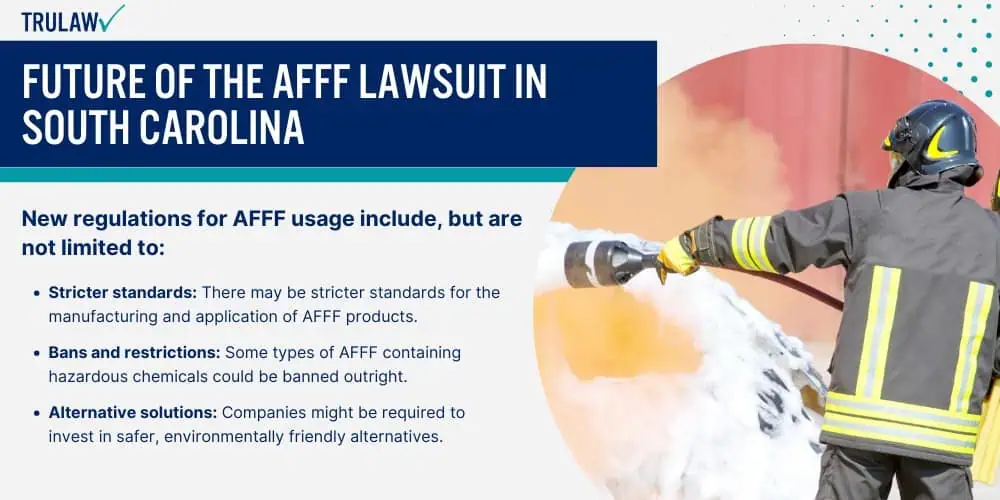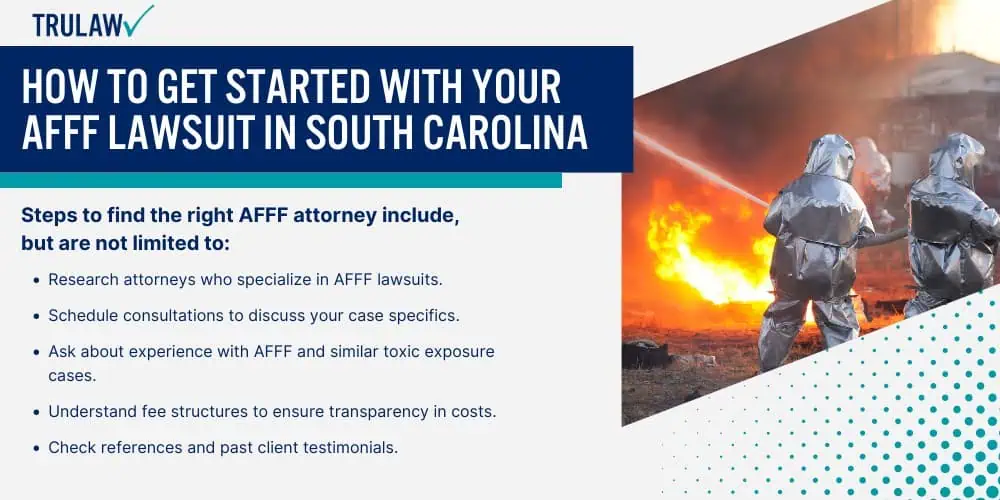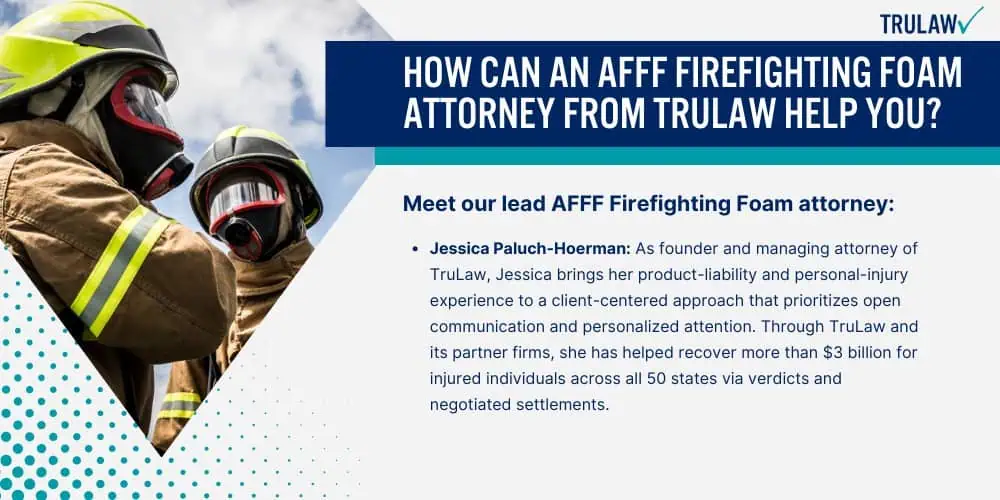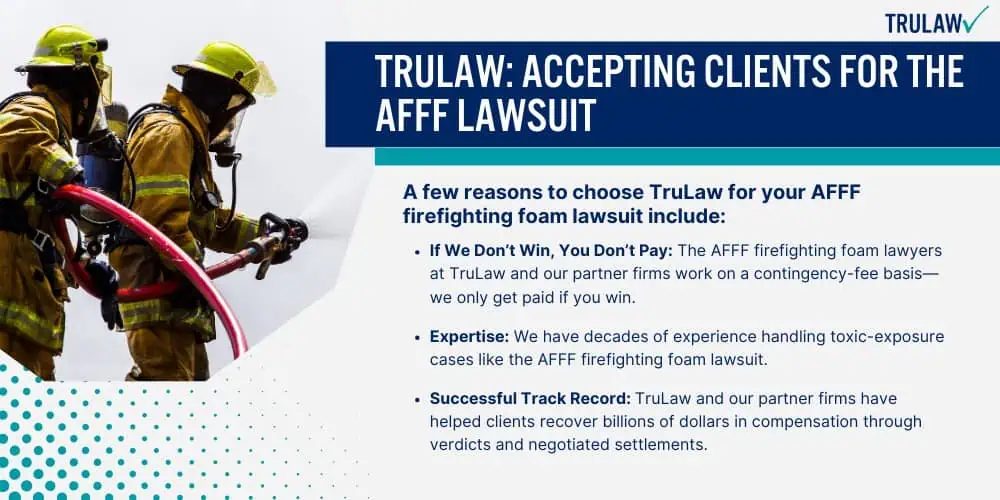In South Carolina, AFFF litigation involves complex legal procedures.
This section delves into the specifics of the lawsuit scope, liability proof, and statute of limitations.
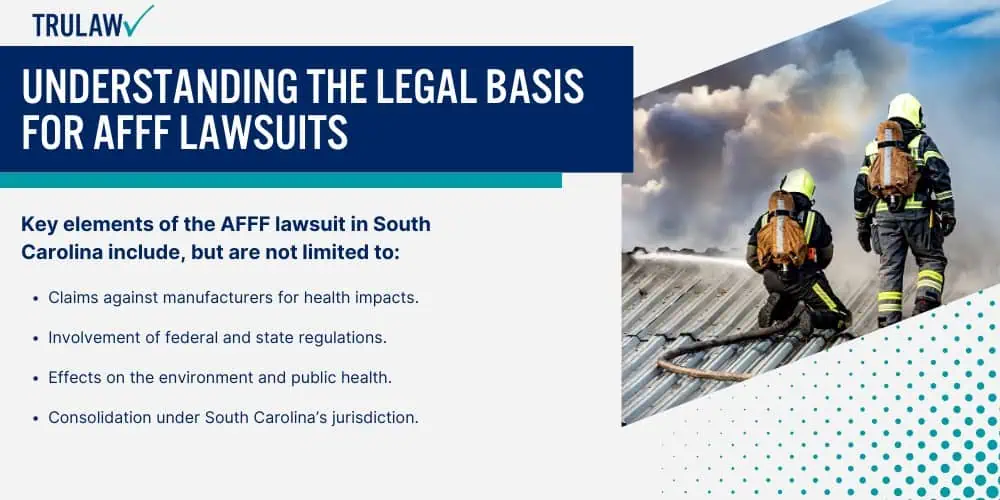
Scope of the AFFF Lawsuit in South Carolina
The AFFF lawsuit in South Carolina covers multiple cases centralized by the Judicial Panel on Multidistrict Litigation.
These cases focus on allegations of harm caused by aqueous film-forming foam (AFFF) containing PFAS chemicals.
Key elements of the AFFF lawsuit in South Carolina include, but are not limited to:
- Claims against manufacturers for health impacts.
- Involvement of federal and state regulations.
- Effects on the environment and public health.
- Consolidation under South Carolina’s jurisdiction.
Centralized proceedings aim to streamline the process and ensure consistency in rulings.
The United States District Court oversees these cases for the District of South Carolina.
Proving Liability in AFFF Lawsuit Cases
Proving liability in AFFF cases involves demonstrating a link between PFAS exposure and health issues.
Key steps to proving liability in AFFF lawsuit cases include, but are not limited to:
- Manufacturers knew about the risks.
- There was a failure to warn about these risks.
- The exposure led to specific health problems.
Gathered evidence typically includes scientific studies, internal company documents, and expert testimonies.
The goal is to establish that the manufacturers are legally accountable for the harm caused.
The courts meticulously oversee this process to ensure fairness and thorough examination.
Statute of Limitations for Filing an AFFF Lawsuit South Carolina
The statute of limitations dictates the time frame within which a lawsuit must be filed.
In South Carolina, individuals have limited time to initiate legal action after discovering the harm caused by AFFF.
Important points regarding the statute of limitations for filing an AFFF lawsuit in South Carolina include, but are not limited to:
- Time limits vary based on the type of claim.
- Discovery of harm starts the countdown.
- Missing the deadline can result in case dismissal.
- Legal consultations are essential for timely filings.
Understanding these limits helps potential plaintiffs protect their rights and ensure their cases are heard in court.
This is crucial for those affected by AFFF contamination to secure justice and compensation effectively.
